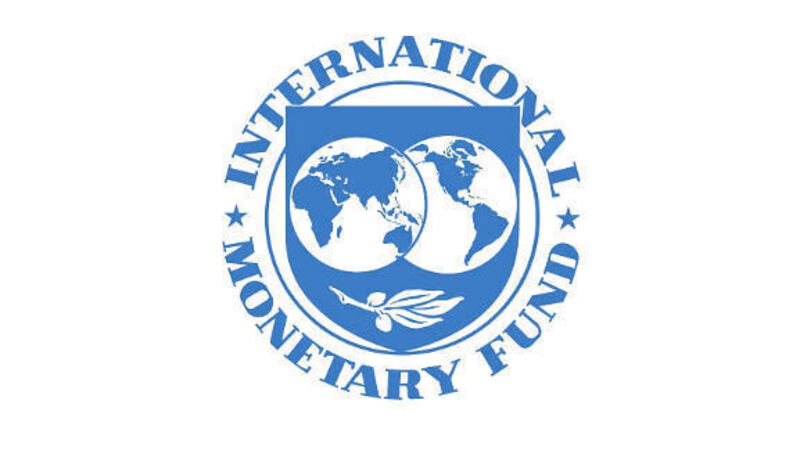Spain, Italy and Portugal banks face €250bn losses

About one-fifth of combined corporate loans is at risk of default in the three economies, which are forecast to contract this year, according to the fund’s Global Financial Stability Report.
The Spanish banking system is the only one with enough reserves to cover the losses, it said.
















